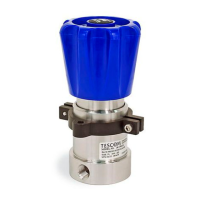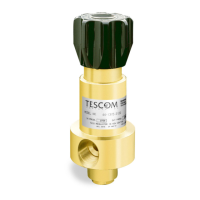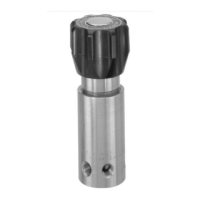ER5000 —
152
The ERTune™ Program: Basic Features
A Typical Step Tuning Example
This section is an example of the proper sequence of steps to
follow, as well as typical settings, for a step tuning session for
the ER5000.
IMPORTANT
IMPORTANT
The PID settings downloaded during setup provide
excellent control for most applications. In some cases, minor adjustments
may be required to optimize performance. Refer to Table 1: Effect of P,
I and D Increases on Response Curve of Controller in the How It Works
section for basic tips on adjusting the PID settings.
If, however, you nd that these minor adjustments do not give
satisfactory results, zero out the controllers, refer to the Rules of Thumb
for PID Tuning as well as the detailed Tuning Tips beginning on page 149
and build your own conguration “from scratch.” You can return to the
default settings at any time by following the steps To reset the ER5000 to
its default PID settings.
Tuning is a gradual process, with repeated cycles of changing
settings and monitoring system response. Most of the steps in
this example will be repeated multiple times until the desired
response curve is seen in the Plot Screen.
The Initial Settings
• Setpoint Source: ERTune™ Program
• Type: Toggle
• Setpoint 1: 25%
• Setpoint 2: 75%
• Proportional: 400
• Derivative: 0
• Integral: 0
• Maximum: 0
• Minimum: 0
• Deadband: 0
To activate the Plot Screen
1. Click the Start Plot Button.
To toggle the setpoint
1. Click in the white space below the Setpoint 1 and Setpoint 2
entry elds. The words Hit Space Bar to Toggle appear.
2. Press the Space Bar. Each press toggles the setpoint.
(continued next page)
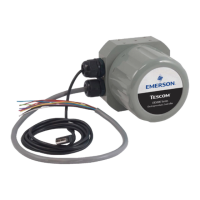
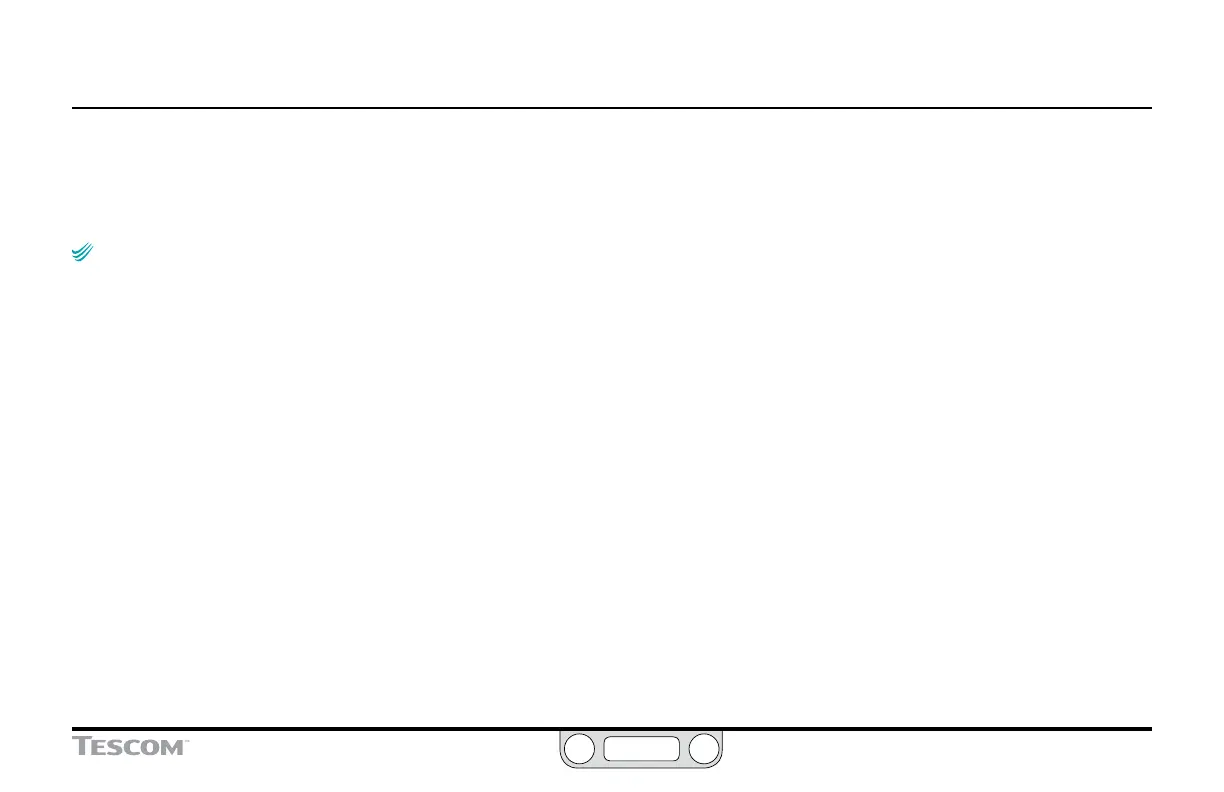